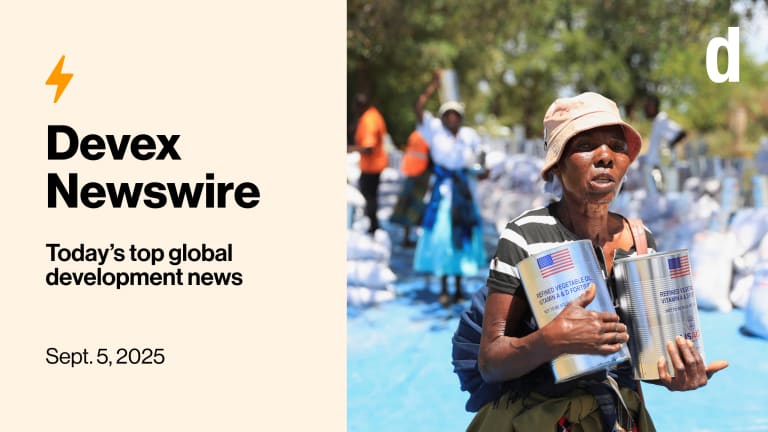Is COVID-19 affecting Malawi’s efforts to protect children from work?

It is 9:30 a.m. in the Dzoole Traditional Authority area, in Dowa District, central Malawi, and several children are making their way home with their parents after working in the agricultural fields — from as early as 5:30 a.m. — harvesting grain maize.
A 13-year-old boy, Batson — whose name has been changed to protect his identity — is a pupil at Mathimba Primary School but instead of attending class, he has been assisting his parents in the maize and tobacco fields where they work as tobacco tenants. He said many of his friends have had to help their families to make up for lost earnings due to COVID-19 restrictions.
“Some of my friends have completely stopped schooling and they have picked full-time jobs, others as livestock cowherds or goatherds while others are in actual cultivation work,” he said.
Child rights activists in the country said though they have also noticed an increase in child labor fueled by the pandemic responding to the problem has been challenging due to COVID-19 restrictions and decreased funding.
“Parents are forcing their children to work because they desperately need to survive under the current economic conditions. However, this will have a lingering effect on the children’s future lives.”
— Vanessa Manjomo, child protection officer, Neno Active Youth in Development OrganizationA recent report by the International Labour Organization and UNICEF indicates that efforts to fight child labor have stagnated globally. George Okutho, director at the International Labour Organization Country Office for five countries, said COVID-19 has further resulted in economic, social, and labor market shocks, which are having a huge impact on people’s lives and pushing millions of vulnerable children around the world into child labor.
The Malawi Constitution provides for the protection of children from economic exploitation and work that is hazardous or interferes with their education and the Employment Act, prohibits the employment of children under the age of 14 in any public or private agricultural, industrial, or non-industrial job.
But Vanessa Manjomo, a child protection officer from Neno Active Youth in Development Organization, a community-based youth organization in Neno district in southern Malawi, said since the emergence of COVID-19 the rate at which children in the country are being engaged in hazardous work has reached worrisome levels.
“Parents are forcing their children to work because they desperately need to survive under the current economic conditions. However, this will have a lingering effect on the children’s future lives,” she said.
Manjomo added that the child laborers work in environments that have negative effects on their health as well as their welfare, and they also accept very low wages making them a preferred labor source by employers.
“These employers usually get these children into employment under the promise they will be sending them to school,” she said.
A recent National Child Labour Survey estimates that 38% of children aged 5 to 17 in Malawi are engaged in child labor and more than half of them are engaged in hazardous work
Moses Chabuka, a child rights activist, said in addition to the increase in child labor, organizations working to fight against child labor have been facing operational challenges because of COVID-19 containment measures.
Opinion: How will countries make up for lost learning during the pandemic?
Catch-up and remedial forms of education have been considered recently due to the time and opportunities children lost in the pandemic. But what type will these be, and how much will they cost?
“The challenges that we are currently facing are multi-dimensional, they are emulating from social challenges that our constituents are facing as well as from the preventative measures and the funding challenges that we have encountered as a result of the pandemic,” he said.
Organizations have been “downsizing” their operations and the effect has been the erosion of the gains the country had registered, he added.
Despite the negative outlook, Rodgers Siula, communications manager at Plan International Malawi, said the war on child labor is not completely lost. The organization is now employing community-based interventions such as engaging school-age children in consultation meetings and involving traditional leaders to counter the challenges presented by the pandemic, he added.
Patricia Kaliati, Malawi’s minister of gender, community development, and social welfare, said that the government with support from different international partners has also put forth several special recommendations such as increasing funding of the country’s labor inspectorate and increasing the number of child protection officers in an effort to protect children living in poverty who have to support themselves through some form of work.
“While we realize that most vulnerable children go into work because of situations beyond their control, the government recommends that parents and people wishing to engage children in some form of labor have to also ensure that they are sending them to school as education is the right of every child,” Kaliati said.
Search for articles
Most Read
- 1
- 2
- 3
- 4
- 5








